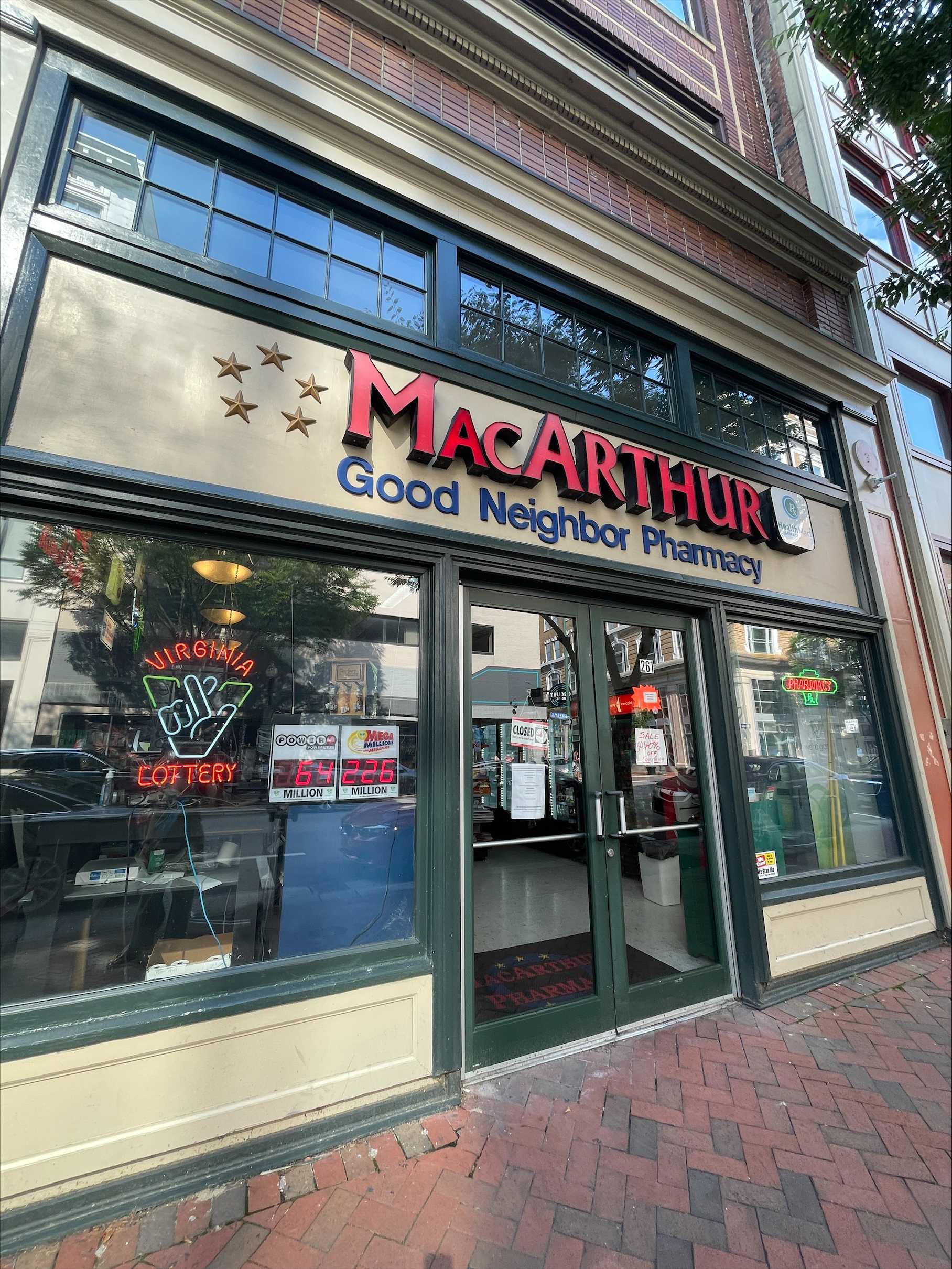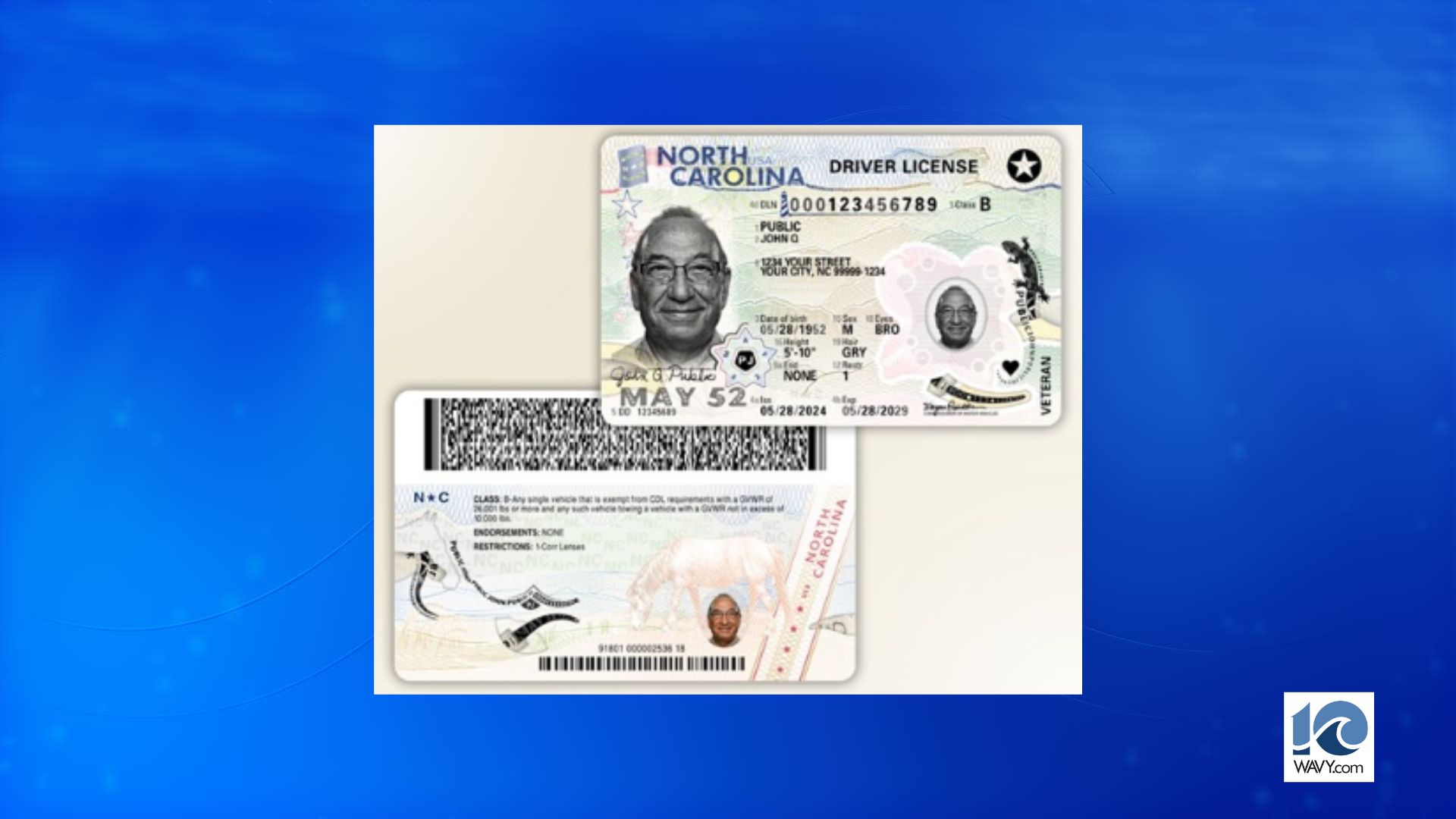FRANKFORT, Ky. (AP) — Kentucky’s attorney general has sued Express Scripts, claiming the big pharmacy benefit manager was at the center of an opioid dispensing chain that fueled a deadly addiction crisis still haunting his state.
The lawsuit Attorney General Russell Coleman filed this week in state court claims St. Louis-based Express Scripts and its affiliated organizations colluded with opioid manufacturers in deceptive marketing schemes to increase sales of the addictive drugs.
The result was an epidemic of “overdose and death caused by an oversupply of opioids flooding communities from powerful corporations who sought to profit at the expense of the public,” the suit says.
Express Scripts responded Friday that it has long worked to combat opioid overuse and abuse and will “vigorously contest these baseless allegations in court.”
Government lawsuits against pharmacy benefit managers are the latest frontier – and maybe the last big one – in years of litigation over the worst drug epidemic the U.S. has ever experienced.
The class of drugs is linked to about 75,000 deaths in the U.S. in the 12 months that ended April 30. Most of the deaths in recent years have been connected to illicit fentanyl and other lab-produced opioids that are the drugs of choice for some users and that are also laced into other illegal drugs.
Kentucky has been at the epicenter of the crisis with some of the nation’s highest overdose death rates.
“The role of Express Scripts in causing the opioid epidemic has been largely concealed from public view,” the Kentucky lawsuit says. “But it has now become clear that, for no less than the last two decades, Express Scripts has had a key role in facilitating the oversupply of opioids through intentional conduct that disregarded needed safeguards in order to increase the prescribing, dispensing and sales of prescription opioids.”
Pharmacy benefit managers, or PBMs, run prescription drug coverage for health insurers and employers that provide coverage. They help decide which drugs make a plan’s formulary, or list of covered medications. They also can determine where patients go to fill their prescriptions.
For years, pharmacy benefit managers have been the target of ire for politicians, patients and others. But PBMs have said they play an important role in controlling drug costs and pass along most of the discounts they negotiate to their clients.
In June, Arkansas sued two pharmacy benefit managers, accusing them of fueling that state’s opioid crisis. The suit was filed in state court against Express Scripts and Optum and their subsidiaries.
Drugmakers, wholesalers and pharmacy chains have already faced thousands of lawsuits and settled many of them in a series of deals that could be worth more than $50 billion over time, with most of the money required to be used to fight the overdose and addiction crisis.
PBMs and several government plaintiffs are exchanging records in anticipation of a series of federal trials that are at least a year off. They could be a springboard for settlements.
The Kentucky suit against Express Scripts and its related entities says the state should receive $2,000 for each willful violation of the Kentucky Consumer Protection Act, along with any other penalties the court deems appropriate. The suit was filed in Jessamine County Circuit Court in Nicholasville.
Coleman, a Republican, is the latest in a series of Kentucky attorneys general from both parties — including former attorney general and current Democratic Gov. Andy Beshear — to go to court to hold opioid manufacturers and distributors accountable for what they viewed as the companies’ roles in causing the addiction crisis.
Coleman’s predecessor, Republican Daniel Cameron, secured more than $800 million for Kentucky as part of settlements with companies for their roles in the addiction crisis. Half of Kentucky’s settlement will flow directly to cities and counties. A commission is overseeing distribution of the state’s half.
The latest lawsuit claims that Express Scripts failed to report suspicious volumes of opioids flowing into Kentucky. The company also dispensed opioids through mail order pharmacies without effective controls, violating Kentucky and federal law, the suit says.
“Express Scripts and the other pharmacy benefit managers amassed an unprecedented level of power, using it to push opioid pills and conceal unlawful activity,” Coleman said Thursday in a statement. “They must be held to account for profiting off Kentucky families’ pain.”
Drug overdose deaths in Kentucky fell nearly 10% in 2023, marking a second straight annual decline, but state leaders say fatalities remain tragically high and the fight against the drug epidemic is far from over. Nearly 2,000 Kentuckians died last year from drug overdoses.
Coleman recently announced plans for a statewide drug prevention program aimed at young people. Beshear says Kentucky is at the forefront nationally in the per-capita number of residential drug and alcohol treatment beds. In Washington, Senate Republican leader Mitch McConnell has steered huge sums of federal funding to his home state to combat its addiction woes.
___
Associated Press writer Geoff Mulvihill in Cherry Hill, New Jersey, contributed to this report.



























































